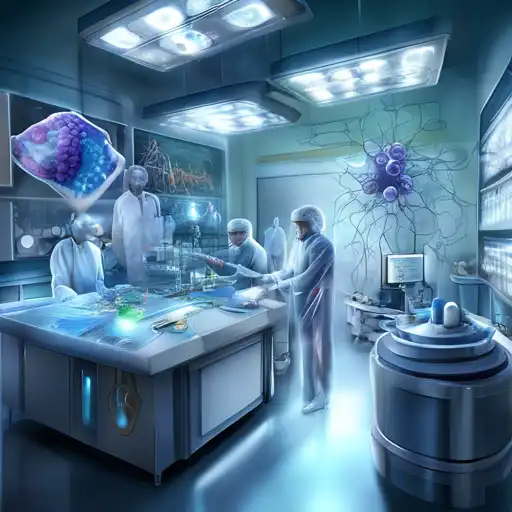Introduction to Nanotechnology in Medicine
Nanotechnology, the science of manipulating matter at the atomic and molecular scale, is set to revolutionize the medical field. With its ability to operate at the same scale as biological molecules, nanotechnology offers unprecedented opportunities for diagnosis, treatment, and prevention of diseases. This article explores the groundbreaking advancements and potential of nanotechnology in medicine.
The Promise of Nanotechnology in Healthcare
Nanotechnology in medicine, often referred to as nanomedicine, involves the use of nanoparticles to deliver drugs, heat, light, or other substances to specific cells in the body. This precision targeting minimizes side effects and improves the efficacy of treatments. From cancer therapy to regenerative medicine, the applications are vast and transformative.
Targeted Drug Delivery
One of the most significant advantages of nanotechnology is its ability to deliver drugs directly to diseased cells. This method reduces the damage to healthy cells and increases the concentration of the drug at the disease site, enhancing treatment outcomes.
Early Disease Detection
Nanotechnology also plays a crucial role in the early detection of diseases. Nanoparticles can be engineered to bind to specific biomarkers, making it possible to detect diseases at their earliest stages when they are most treatable.
Current Applications of Nanotechnology in Medicine
Today, nanotechnology is already making waves in various medical fields. Here are some of the current applications:
- Cancer Treatment: Nanoparticles are used to target tumor cells without harming surrounding healthy tissue.
- Wound Healing: Nanofibers can promote faster healing by mimicking the structure of natural tissue.
- Diagnostic Imaging: Nanoparticles enhance the contrast in imaging techniques, allowing for more accurate diagnoses.
Challenges and Ethical Considerations
Despite its potential, the integration of nanotechnology into medicine faces several challenges. These include technical hurdles, regulatory issues, and ethical concerns regarding privacy and the potential for misuse. Addressing these challenges is essential for the safe and effective application of nanomedicine.
The Future of Nanotechnology in Medicine
The future of nanotechnology in medicine is bright, with ongoing research exploring new applications and improving existing ones. As we overcome current limitations, nanomedicine could become a cornerstone of personalized healthcare, offering treatments tailored to the individual's genetic makeup.
For more insights into the future of healthcare technology, explore our articles on the future of healthcare and personalized medicine.
Conclusion
Nanotechnology in medicine represents a paradigm shift in how we approach disease treatment and prevention. With its ability to operate at the molecular level, nanomedicine offers hope for more effective, less invasive treatments. As research progresses, the potential for nanotechnology to transform healthcare is limitless.
